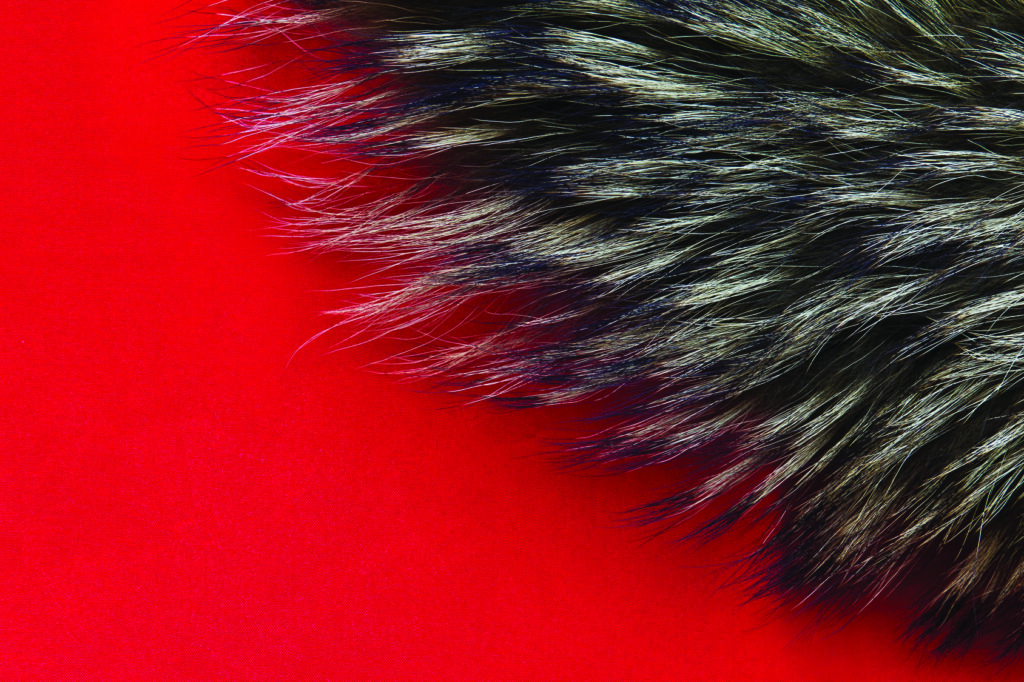Saint Hubert, who lived from 656-727 A.D., was the patron saint of hunters, mathematicians, opticians, and metal workers. He was called upon to cure rabies until the early 20th century through the use of the St. Hubert’s Key, which was said to have been given to him by St. Peter. St. Hubert Key’s took the form of a bar, nail, or cross with a decorative head. The key was heated, and the head pressed to the area where a person had been bitten by a dog believed to have rabies. If performed soon after the bite, the heat had the potential to cauterize and sterilize the wound, killing the virus. Although treatment has come a long way since the Middle Ages, rabies remains a potentially deadly public health issue.
It is always important to be cautious around unfamiliar or wild animals due to the possibility of exposure to rabies. In Florida, raccoons, bats, foxes, and unvaccinated or feral cats are the animals most often diagnosed with rabies. Over the past year, there has been an increasing number of persons in Polk County who have been exposed to animals that may have had rabies, although no human case of rabies has occurred. Polk County has had one confirmed case of rabies in a raccoon so far this year in the Lake Wales area.
Rabies is transmitted through exposure to the saliva and nerve tissue from a rabid animal through a bite, or contact with mucous membranes, such as the eyes, nose, or mouth. The health department works closely with animal control in responding to reports of animal bites, testing, and quarantining animals as needed. The Florida Department of Health in Polk County also provides rabies vaccinations to victims of animal bites. Currently, vaccination is the only known effective treatment for rabies in humans.
There are steps you can take to protect yourself and others against rabies and include:
- Keeping rabies vaccinations up-to-date for all pets
- Monitoring your pets so they don’t come in contact with wild animals
- If your pet is bitten by a wild animal, seek veterinary advise immediately, and contact your local animal control
- Spay and neuter your pets
- Do not handle, feed, or unintentionally attract wild animals with open garbage cans or litter
- Prevent bats from entering living areas or occupied spaces in homes, churches, schools, and other buildings where they might come into contact with people and pets
- Report unusual-acting animals to your local animal control
- Anyone bitten or scratched by a wild or stray animal should contact their doctor immediately. You should also notify animal control as well as the health department
CREDITS
story
by DR. ULYEE CHOE, Director of FDOH-Polk
About the Author: Dr. Ulyee Choe, an infectious disease physician, serves the community as director of the Florida Department of Health in Polk County (FDOH-Polk) and as a Polk County Medical Association member. For more information about FDOH-Polk, visit www.mypolkhealth.net.
